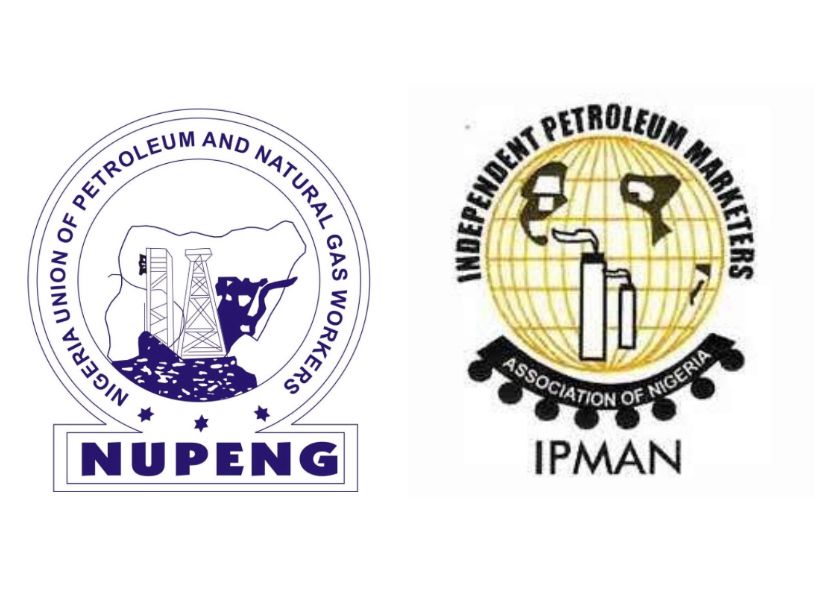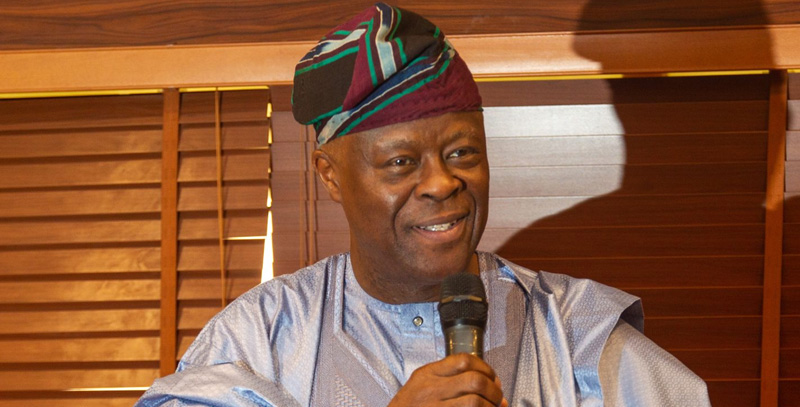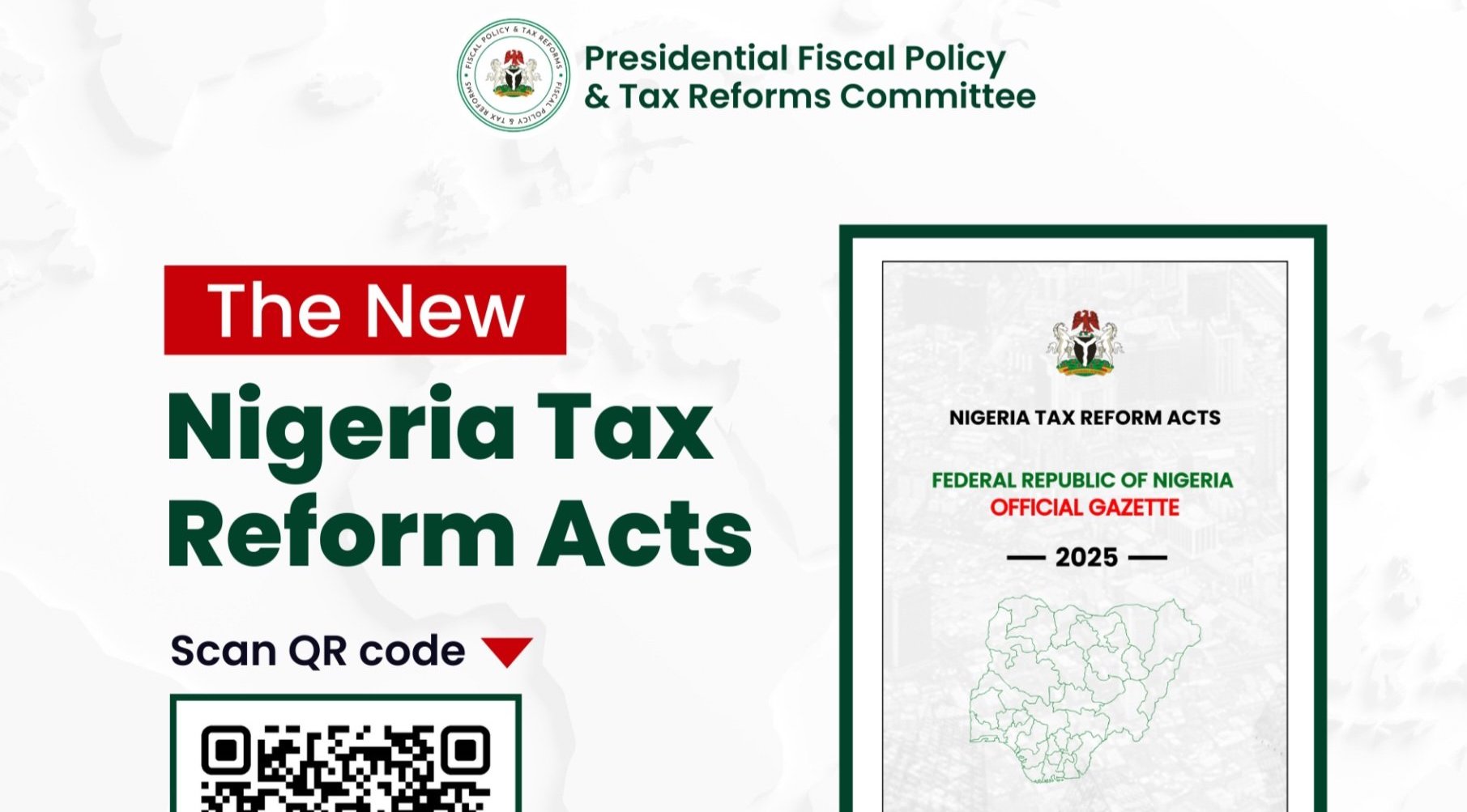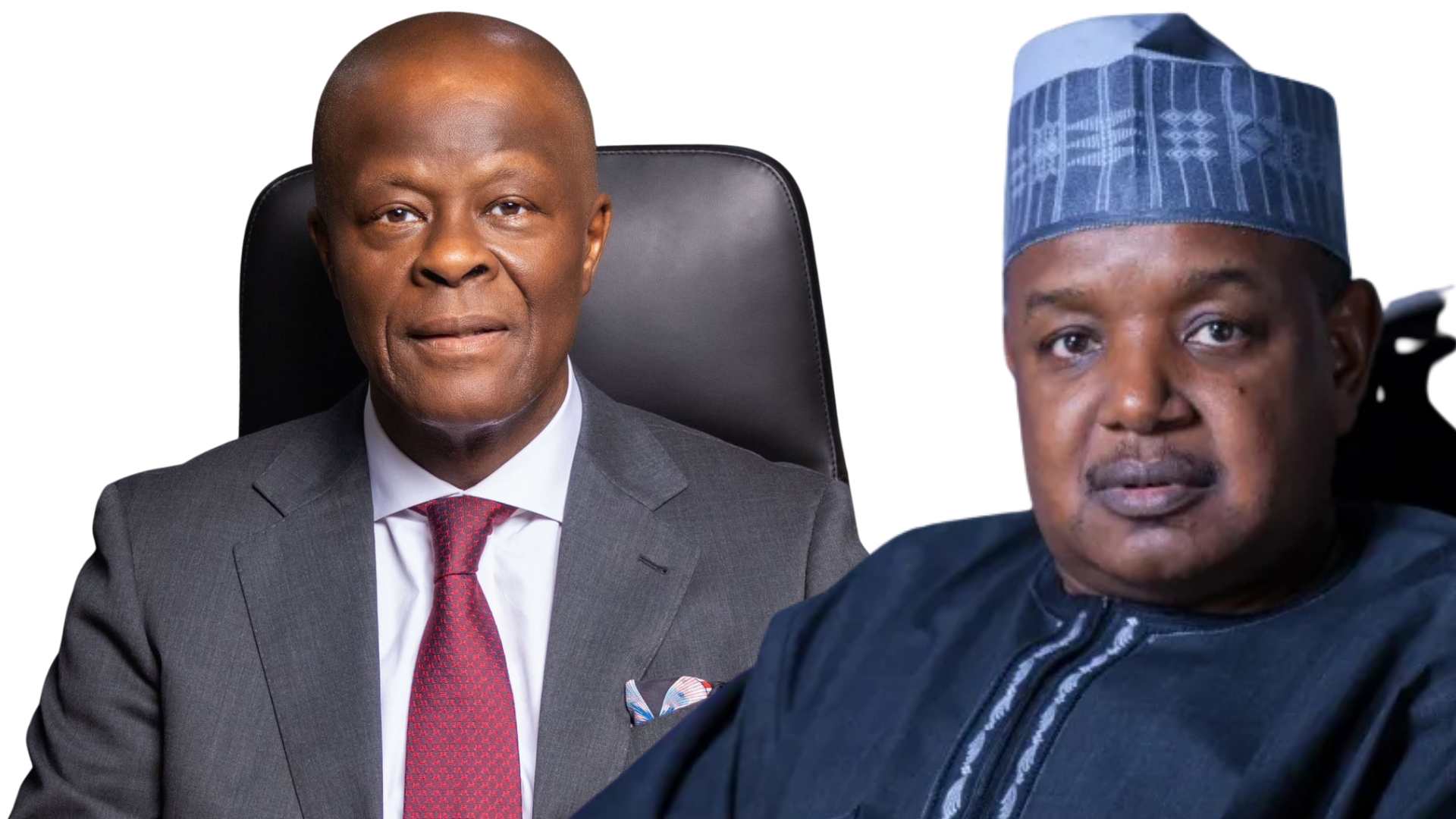By Kayode Oladele
In the dynamic landscape of Nigerian politics, few names resonate as widely — and as positively — as Senator Solomon Olamilekan Adeola, popularly known as Yayi. Over the years, the name Yayi has evolved beyond being just a nickname. It has become a brand, a symbol, and a rallying cry for good governance and responsive leadership. From the streets of Lagos to the villages of Ogun West, and even across the national political scene, Yayi evokes admiration, trust, and a sense of belonging.
When people say “Yayi,” they are not just referring to Senator Olamilekan Adeola — they are invoking the ideals he represents: accessibility, generosity, hard work, and results. Market women use it to describe someone who “shows up for the people.” Youths chant it to celebrate empowerment and opportunity. Even in policy discussions, “the Yayi way” is often cited as a model of bridging grassroots needs with legislative effectiveness.
The name has earned a life of its own, transcending political boundaries and becoming synonymous with progress and Renewed Hope. It speaks to a politician who has successfully embedded himself in the hearts and minds of his people — not just as a leader, but as one of their own.
As a result of this, one phrase has become emblematic of his impact: “Yayi Everywhere You Go.” But what does this phrase mean, and how did Yayi earn such a pervasive presence? This article chronicles the inspiring activities of Senator Adeola — a man who has made himself a household name through service, accessibility, and results-oriented leadership
The Journey of a Grassroots Politician
Born and raised raised in Lagos to Ogun State parents of Yewa and Egba extraction, Senator Adeola’s political journey began at the grassroots level, where he quickly distinguished himself as a representative of the people. His tenure in the Lagos State House of Assembly and later as a member of the House of Representatives for Alimosho Federal Constituency was marked by his commitment to infrastructural development, youth empowerment, and social welfare.
His rise to the Senate in 2015 representing Lagos West further cemented his reputation as a politician who prioritizes people over politics. Yet, even while serving Lagos, Yayi maintained deep ties to his Ogun roots, a fact that would later become central to his next political chapter.
When Senator Adeola made the bold move to contest for the Ogun West senatorial seat in 2023, critics doubted his chances. But the people of Ogun West knew better: Yayi had been with them long before the contest. Through years of silent philanthropy, community outreach, and infrastructural support, he had cultivated a relationship with the people of Yewa and Awori lands in Ogun West Senatorial District that transcended party lines and political cycles.
He won the election convincingly, proving that his popularity was not confined to Lagos. From markets to town halls, schools to hospitals, Yayi’s footprint is visible. This earned him the affectionate slogan: “Yayi Everywhere You Go” — a testament to his presence in every corner of his constituency, his consistent engagement with the people, and his ability to connect with all demographics.
Signature Achievements and Initiatives.
Senator Adeola’s activities over the years are too numerous to list exhaustively, but some stand out as examples of why he is everywhere you go:
• Youth Empowerment: Through vocational training programs, provision of startup grants, and facilitation of job opportunities, thousands of youths have benefitted from his interventions.
• Infrastructural Development: Yayi has sponsored and facilitated numerous road constructions, school renovations, and electrification projects, bringing development to previously neglected areas of Ogun West.
• Legislative Contributions: In the National Assembly, he has sponsored bills and motions aimed at strengthening fiscal responsibility, improving national security, and promoting economic growth.
• Philanthropy: Yayi’s charitable initiatives, from free medical outreaches to food palliatives and scholarships, have touched lives far beyond his immediate constituencies.
What sets Senator Adeola apart is his accessibility. He is not a politician seen only during election seasons but a public servant who makes himself available to his people year-round. Whether it’s attending town hall meetings, festivals, or religious gatherings , Yayi shows up — not just as a senator, but as a brother, son, and friend to his constituents.
In Ogun West, tales abound of how he personally intervened in community crises, helped families in distress, and empowered people both young and old, men and women alike. In Lagos, his legacy of representation and advocacy remains a pleasant reminiscence.
As Yayi continues to serve the people of Ogun West in the Senate, many observers see him as a leading figure in the next chapter of Ogun State politics. His widespread popularity, proven track record, and ability to unify diverse interests position him as a formidable force for greater leadership responsibilities as the State prepares for the 2027 Gubernatorial Elections. The name “Yayi” has earned a life of its own.
“Yayi Everywhere You Go” is therefore, more than a slogan; it is a reality born of years of consistent service, relentless hard work, and a genuine love for his people. In every market square and every polling unit, on the lips of the youth and the elders alike, Yayi’s name evokes hope, trust, and the promise of a better tomorrow.
Senator Solomon Olamilekan Adeola, Yayi, has shown that true leadership is about presence — being with the people, understanding their needs, and delivering on promises. Indeed, everywhere you go, you’ll find a story of Yayi’s impact.
As Ogun State and Nigeria at large look to the future, one thing remains certain: Yayi is not just everywhere you go — he’s also everywhere you look for good governance, accountability, and development. This is why the good people of Ogun State earnestly yearn for him to take the State to the next level in 2027.
*Oladele is the Acting Chairman, Federal Character Commission (FCC) and a chieftain of the APC from Ogun State







